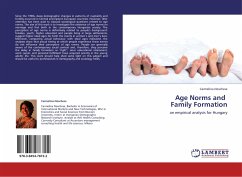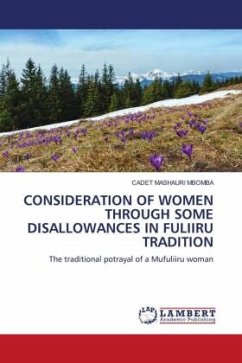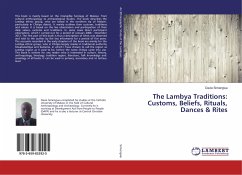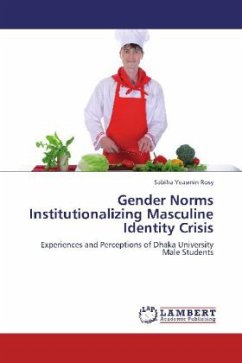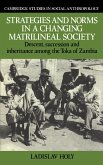Since the 1990s, deep demographic changes in patterns of nuptiality and fertility occurred in Central and Eastern European countries. However, little attention has been paid to classical sociological questions related to age norms. The aim of this work is to investigate the existence of age norms on marriage and first birth in the contemporary Hungarian society. The perception of age norms is definitively related to people's background: females, youth, higher educated and people living in large settlements, suggest higher ideal ages for both the events in women s and men s lives. Moreover, comparing actual behaviour with ideal ages indicated, the analyses show that actual timing at which people experience these events do not influence their perception of age norms. People are generally aware of the contemporary social context and, therefore, they perceive the delay in family formation as right , since educational attainment, work career, and personal fulfilment have acquired priority in the young adults life. This work should help shed some light on this subject and should be useful to professionals in demography and sociology fields.
Bitte wählen Sie Ihr Anliegen aus.
Rechnungen
Retourenschein anfordern
Bestellstatus
Storno

